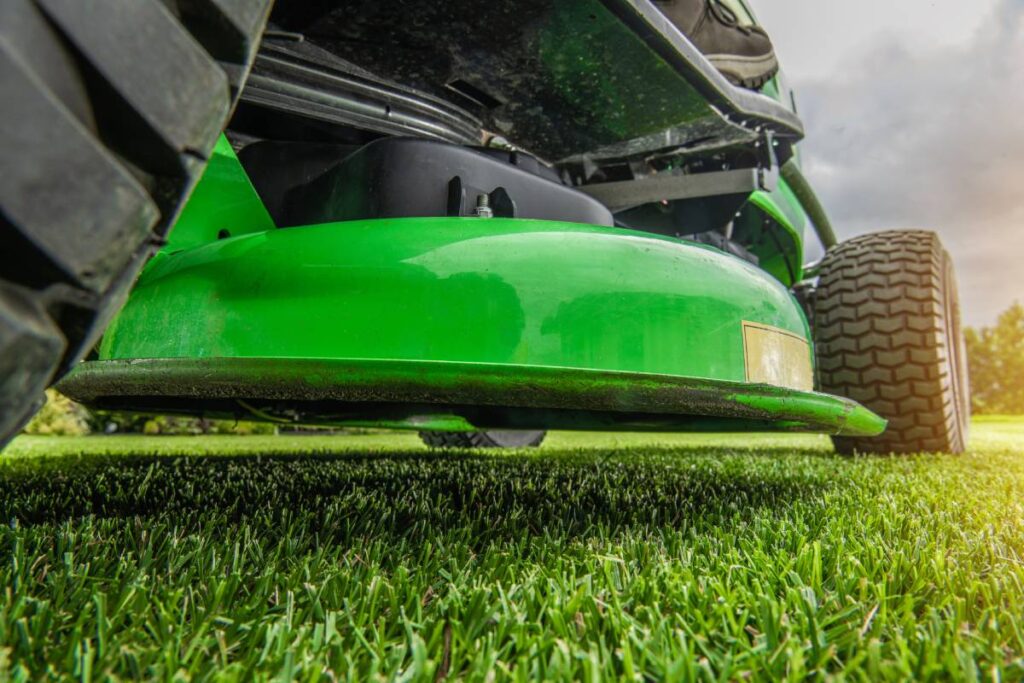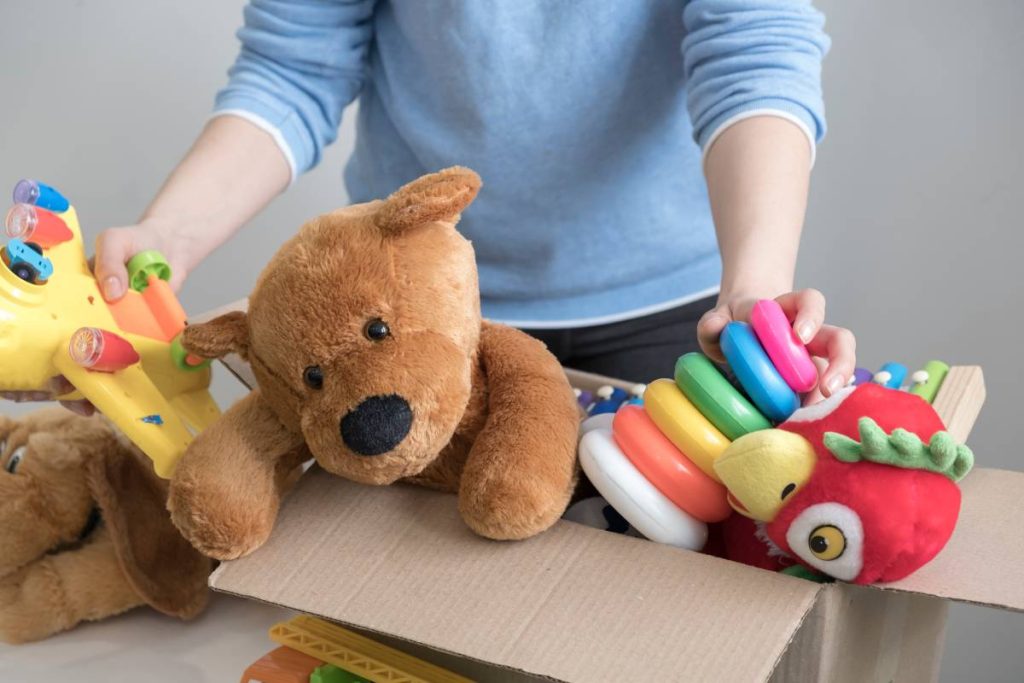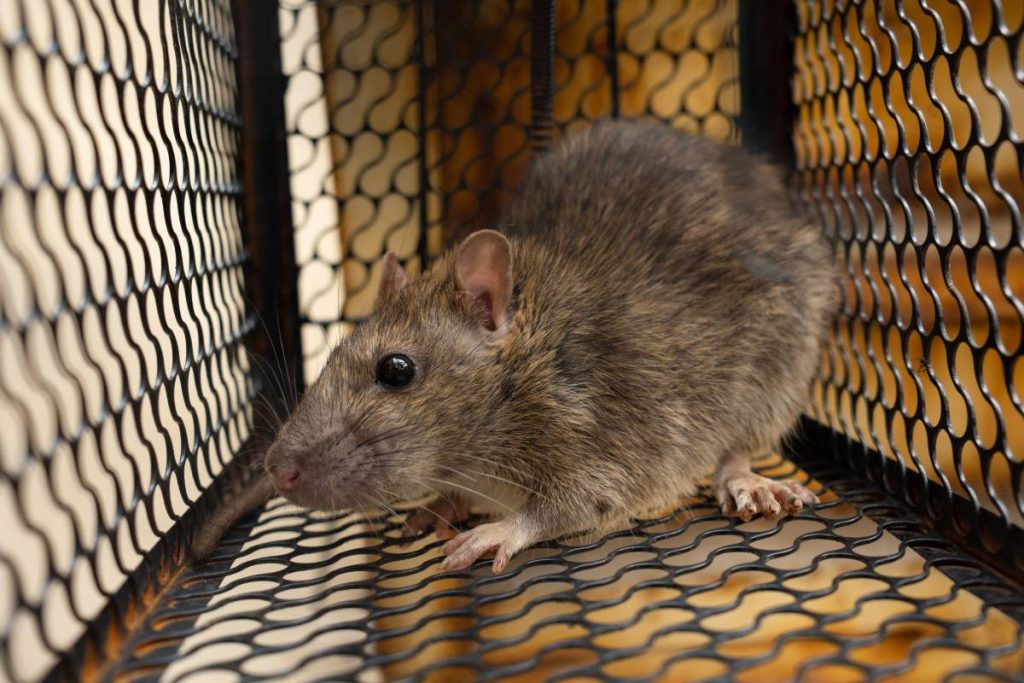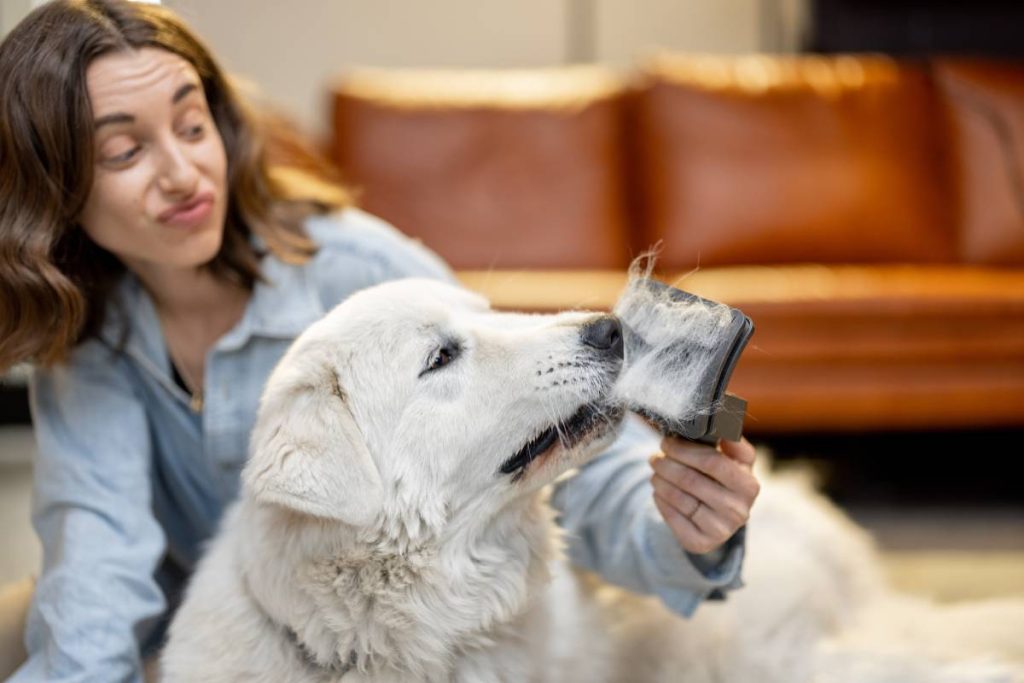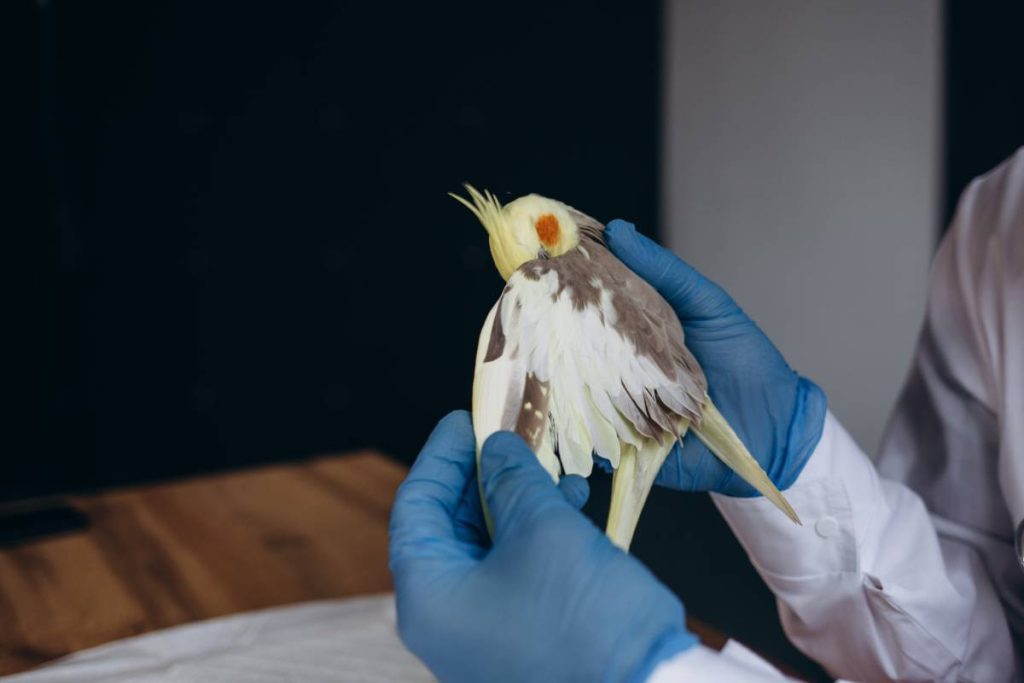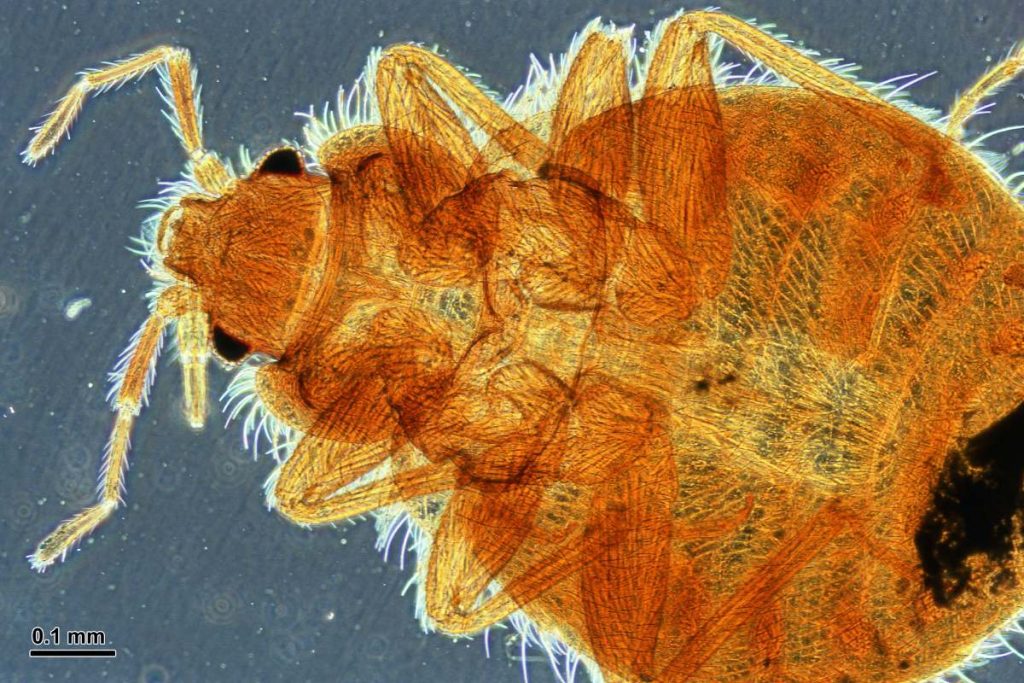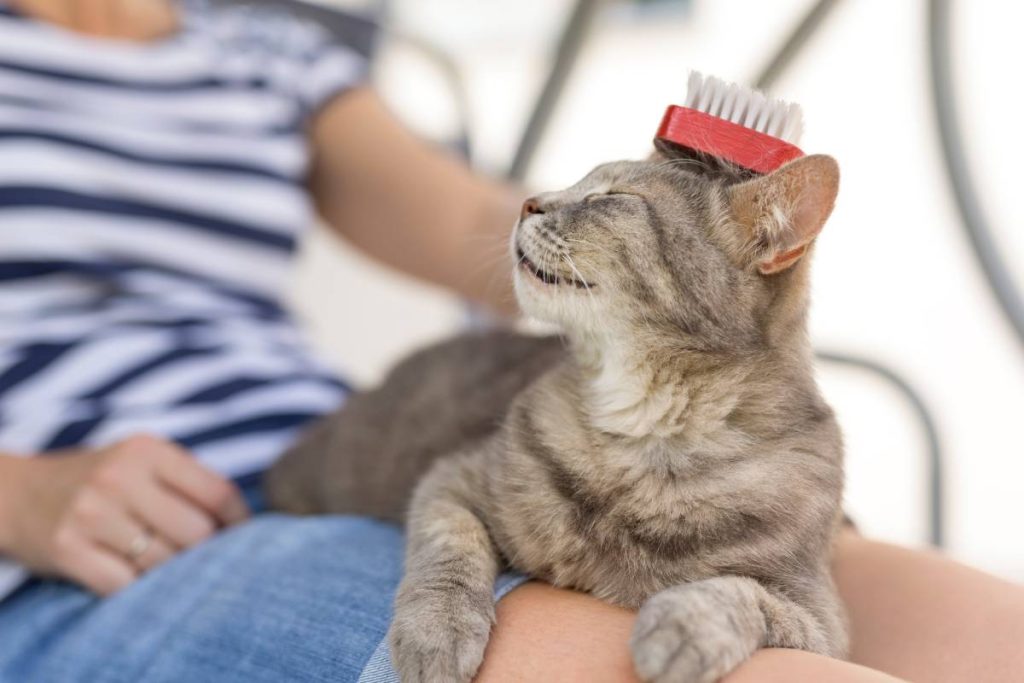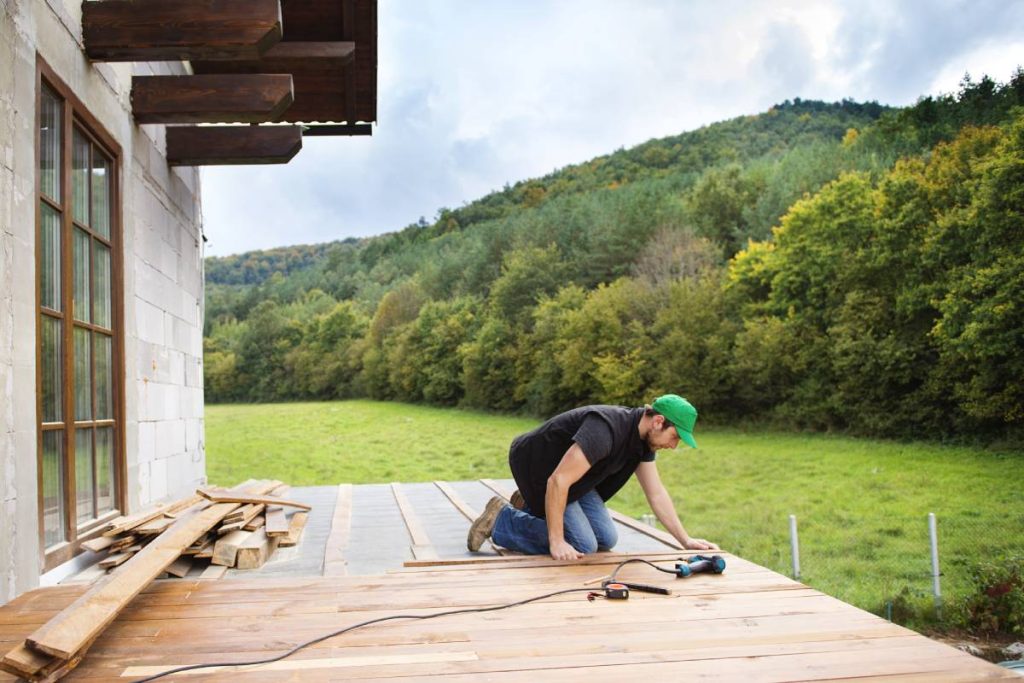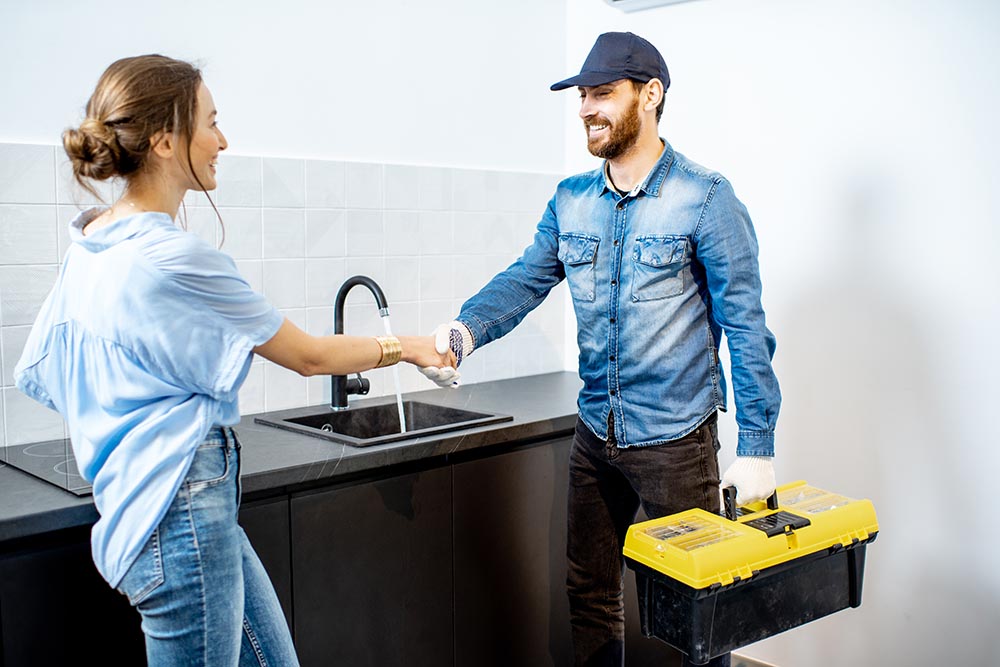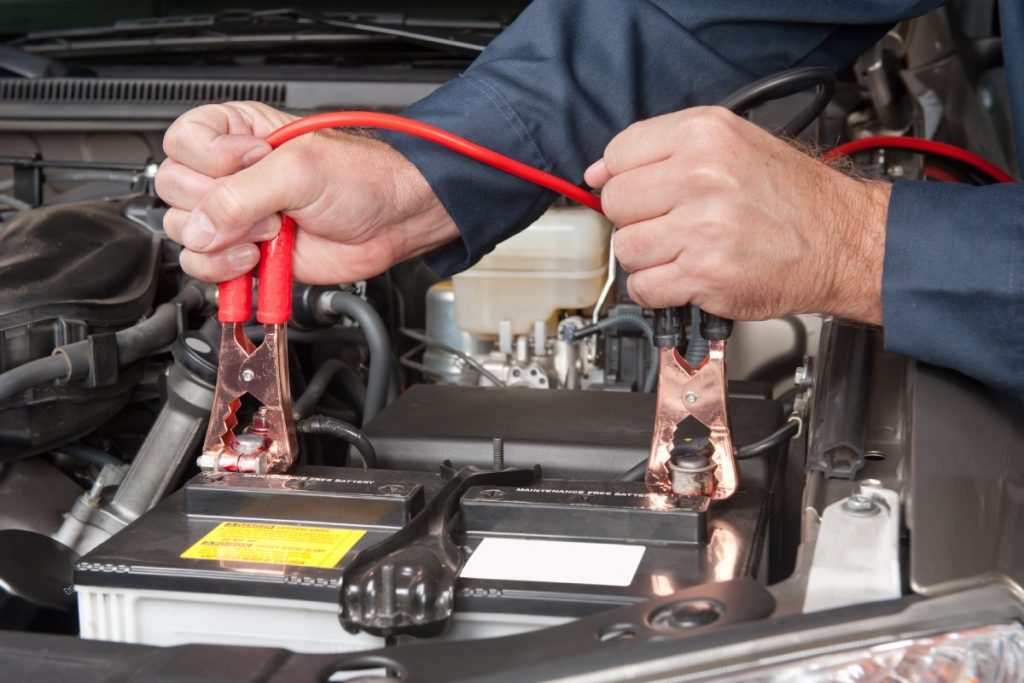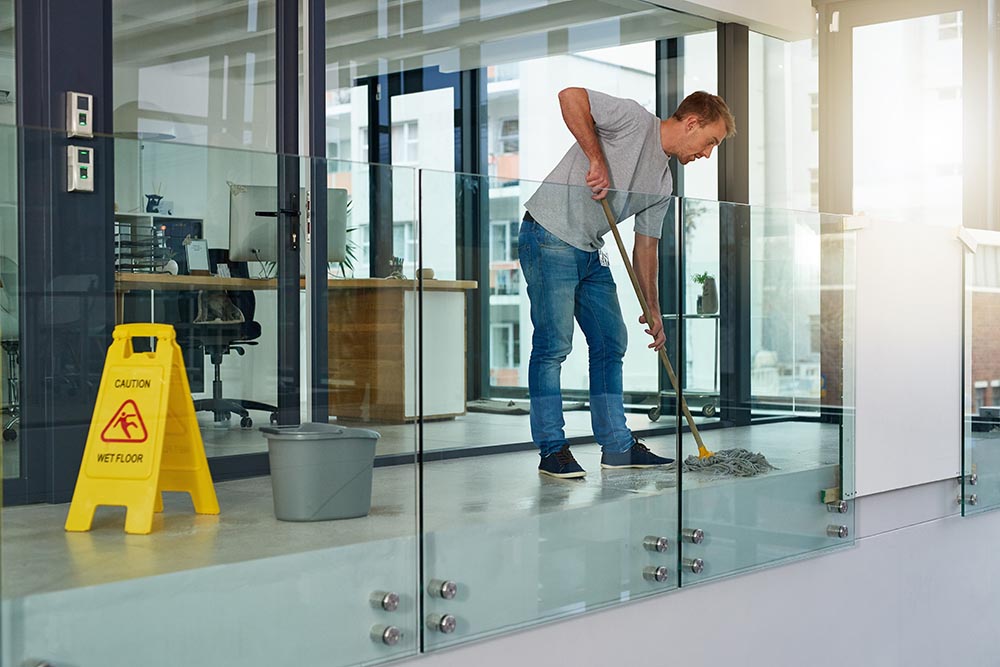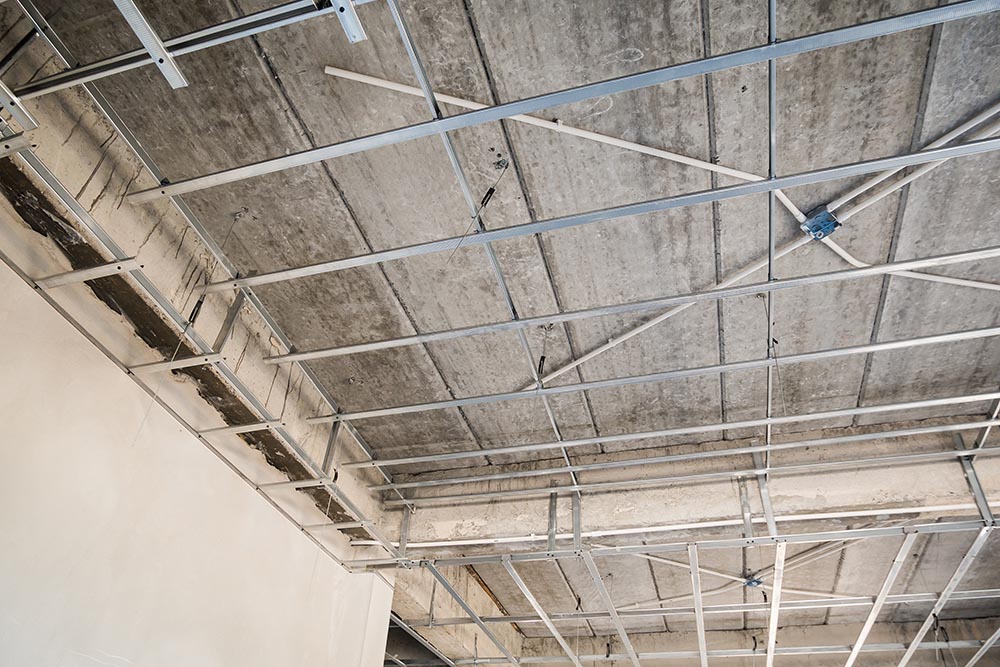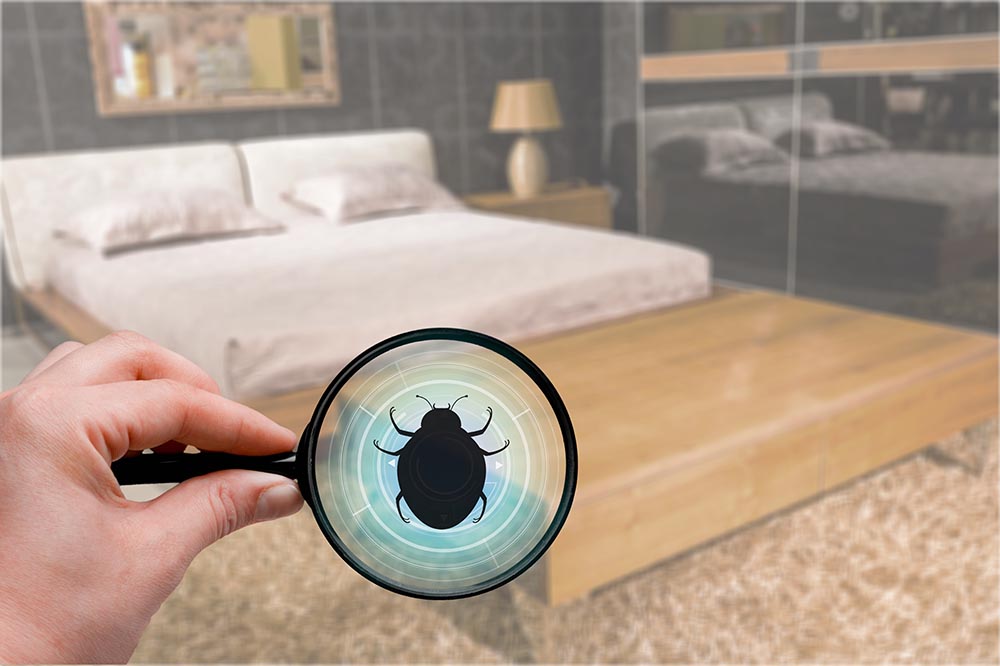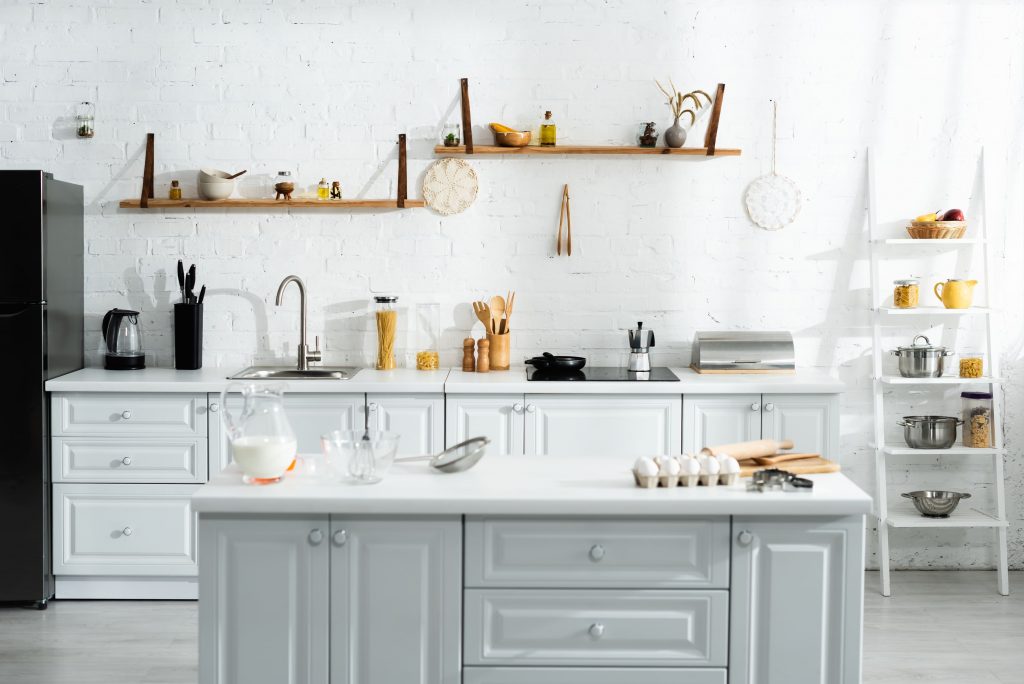The rat infestation problem in my chicken coop in Australia
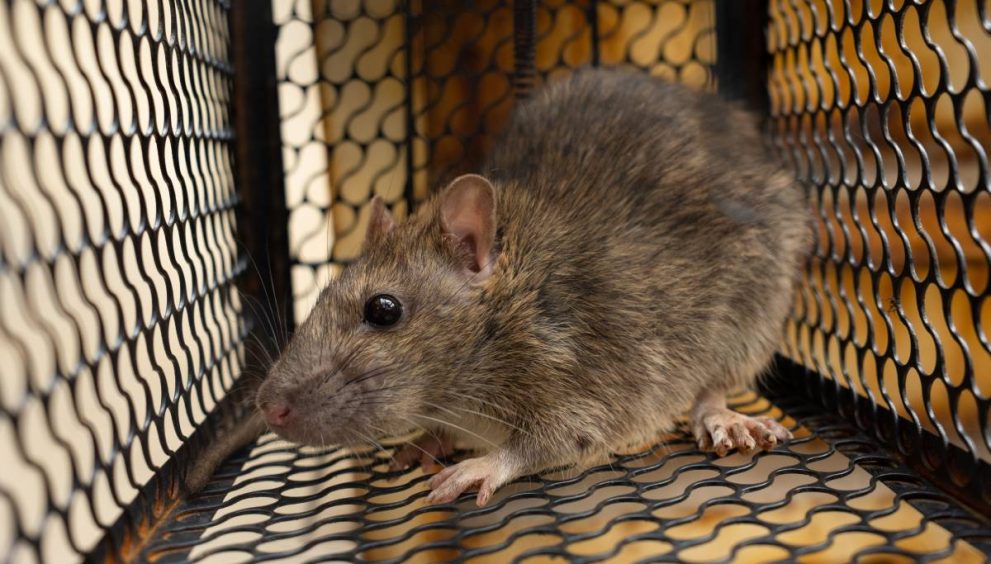
Raising chickens is rewarding, but one major challenge is preventing rat infestations. Rats can damage coops, contaminate food and eggs, and pose health risks to chickens.
Whether you’re a beginner or experienced keeper, it’s crucial to know how to rat-proof your chicken coop and maintain a pest-free environment.
This article will explore effective strategies to keep rats away, manage chickens without attracting pests, and ensure a safe space for your flock.
Making Your Chicken Coop Rat-Proof
To effectively rat-proof your chicken coop, you need to think about both preventing rats from getting in and addressing any places where they might hide or nest. Here are some key strategies to make your chicken coop secure:
Seal Entry Points
Rats are experts at squeezing through the smallest of openings. To keep them out, you’ll need to inspect your chicken coop thoroughly for any cracks, holes, or gaps.
Common entry points include areas around doors, windows, and vents. Rats can even gnaw through materials like wood, so check for any signs of damage.
- Use hardware cloth: Hardware cloth, which is a type of wire mesh, is an excellent material to use to seal openings. Ensure that the mesh holes are small enough to prevent rats from squeezing through. Opt for a mesh with a ½-inch or smaller opening.
- Seal gaps with caulking: For smaller cracks, use caulking or expanding foam to seal the holes. This will prevent rats from entering through these spaces.
- Cover ventilation: Vents in your chicken coop are essential for airflow but can also be an entry point for rats. Make sure any ventilation is covered with tightly woven wire mesh.
Elevate the Coop
Rats prefer to nest on the ground, so elevating the chicken coop is an effective way to discourage them from entering.
A raised coop provides fewer access points and makes it harder for rats to build nests underneath. It also keeps your chickens’ food and bedding safer from contamination by rats.
- Raise the coop off the ground: Aim to elevate the chicken coop at least 18 to 24 inches off the ground. This creates a barrier for rats, who are less likely to travel vertically to gain access.
- Install a solid floor: Ensure your chicken coop has a solid, rat-proof floor. A concrete or wire mesh floor is ideal, as it prevents rats from burrowing under the coop.
Install Tight Fencing Around the Coop
Even if the coop itself is rat-proof, rats can still burrow under the walls or fence. Installing a tight, secure perimeter fence will help keep rats from getting inside. Use hardware cloth or a similar material, and bury the bottom of the fence a few inches underground to prevent rats from burrowing.
- Mesh fencing: Install mesh fencing around the entire perimeter of the coop. Make sure it is dug into the ground to a depth of at least 6 to 12 inches.
- Fence height: Make sure the fence is tall enough (at least 3 feet) to discourage climbing rats from getting over.
Remove Food and Water Sources
Rats are attracted to food sources, so eliminating easy access to food and water can go a long way in preventing a rat infestation. Clean up any spilled food around the coop and make sure food containers are sealed tightly. Here are some tips:
- Store chicken feed in airtight containers: Use sealed, rat-proof containers to store chicken feed, and make sure they are placed inside the coop or storage shed.
- Clean up food waste: Remove uneaten food from the coop and surrounding areas, and clean the area regularly to prevent food waste from attracting rats.
- Water management: Ensure that water containers are not leaking or overflowing, as rats are attracted to water sources. If you have a water trough, elevate it off the ground to prevent rats from accessing it.
How to Keep Chickens Without Attracting Rats
Having chickens doesn’t automatically mean you will attract rats, but certain practices can make your property more inviting to these pests. By following these guidelines, you can enjoy a rat-free chicken-keeping experience.
Use the Right Type of Bedding
While rats love nesting in warm, soft bedding materials, you can discourage them by choosing the right type of bedding. Avoid using hay or straw as bedding since rats love to burrow in them.
- Wood shavings or sand: Opt for bedding made from wood shavings or sand. These materials are less likely to attract rats, as they provide a less comfortable nesting environment.
- Regularly change bedding: Keep your chicken coop clean by changing the bedding regularly to reduce the chances of rats establishing a nest.
Ensure the Coop is Clean and Dry
Rats are attracted to dirty, damp environments, so ensuring that your chicken coop is clean and dry can help keep rats at bay. Clean up any wet bedding, spilled food, or standing water in the coop, as rats will seek out these conditions.
- Clean regularly: Clean your chicken coop on a weekly basis and ensure that food and water containers are cleaned daily.
- Ensure proper drainage: If your coop is located in a low-lying area, make sure the ground is well-drained to avoid puddles and moisture that attract rats.
Avian Influenza Precautions
In addition to preventing pests like rats, it’s important to take steps to protect your chickens from diseases such as avian influenza.
- Limit exposure to wild birds: Ensure that your chickens have limited contact with wild birds, as they can spread the disease.
- Sanitize equipment: Regularly clean and sanitize all tools and equipment used in your chicken coop to prevent any contamination.
- Monitor for symptoms: Keep a close eye on your flock for any signs of illness, and consult a veterinarian if any symptoms of avian influenza appear.
How to Keep Your Chicken Coop Pest-Free
Pests other than rats can also be a nuisance in your chicken coop. These pests can cause harm to your chickens or contaminate the environment. Keeping pests at bay requires consistent attention to cleanliness and proactive measures.
Control Insects and Parasites
Insects like flies, mites, and lice can be a problem in chicken coops. Regularly check your chickens for parasites and use appropriate treatments to prevent an infestation. Here are some tips:
- Dust baths: Provide a dust bath area for your chickens. Dust baths help chickens clean themselves and prevent mites and lice from infesting their feathers.
- Insect repellents: Use natural insect repellents like diatomaceous earth around the coop to deter flies and other pests.
- Flea and tick control: Use safe, non-toxic flea and tick treatments if necessary, and make sure your chickens are free of parasites.
Use Natural Rat Repellents
If you are dealing with rats in addition to other pests, you can use natural rat repellents to discourage rats from entering the coop.
- Peppermint oil: Rats dislike the strong scent of peppermint oil. You can soak cotton balls in peppermint oil and place them around the coop to create a barrier that rats won’t want to cross.
- Predator urine: Some chicken keepers use predator urine, such as coyote or fox urine, around the perimeter of the coop to mimic the presence of predators and keep rats away.
Professional Pest Control
If you’re dealing with an overwhelming rat or pest infestation, it may be worth consulting a professional pest control service.
They can offer targeted solutions, assess the extent of the problem, and provide ongoing prevention strategies to ensure your chicken coop remains pest-free.
Expert Pest Control services have the experience and tools needed to effectively eliminate rats and other pests, preventing the issue from escalating and keeping your chickens safe and healthy.
Conclusion
By following these steps, you can keep your chicken coop rat-proof and pest-free. The key is to ensure that your chicken coop is well maintained, food and water sources are properly managed, and that you take preventive measures to keep rats and other pests at bay.
Regularly inspect your coop for any signs of pest activity, and address issues promptly to avoid bigger problems.
With a little effort and regular upkeep, you can provide a safe, healthy environment for your chickens without the stress of dealing with rats and other pests, ensuring your flock remains safe and productive throughout the year.

 English
English 


